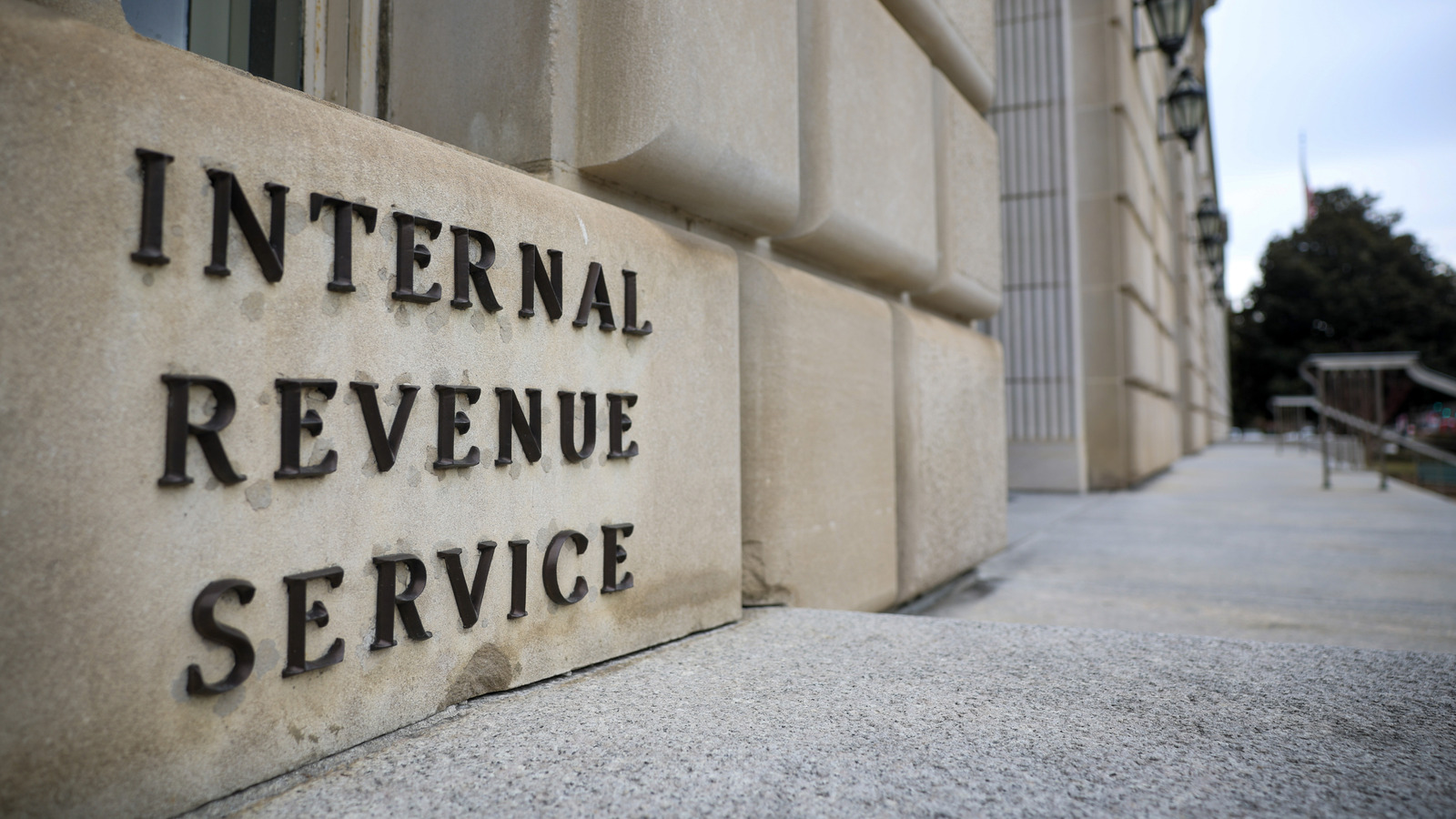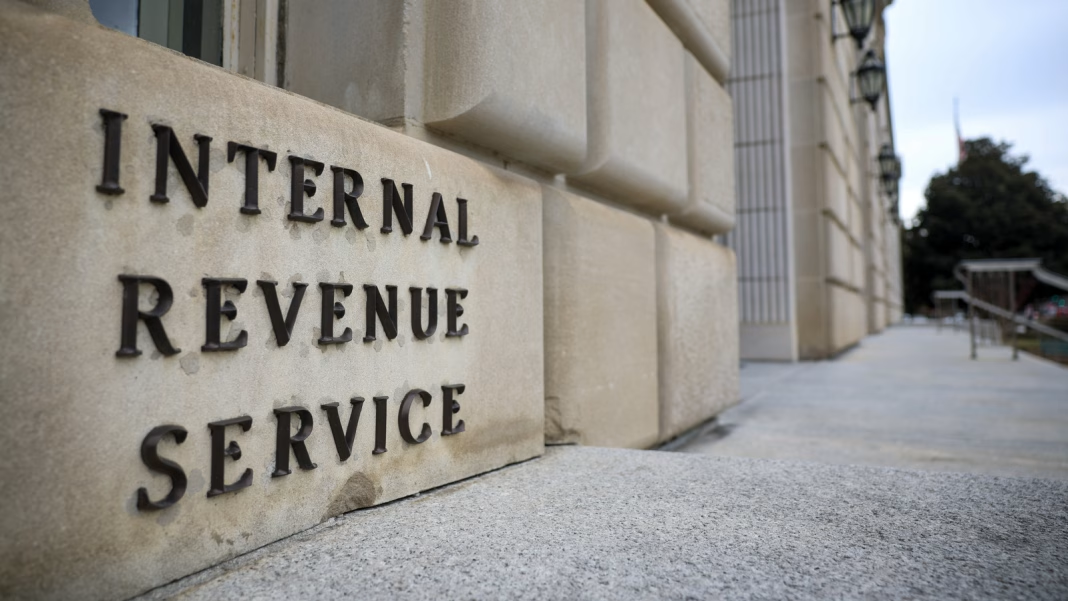What’s Changing With the EV Tax Credit Deadline?
If you’ve been eyeing an electric vehicle but worried you’d miss out on the federal tax credit, there’s a twist you’ll want to know about. The IRS recently clarified its rules, and it turns out you might have a bit more breathing room than you thought. For anyone feeling the pressure to make a quick decision, this update could be the difference between rushing and getting the right car for your needs.
How Does This IRS Clarification Affect Your EV Purchase?
Here’s the scoop: The IRS has extended certain deadlines related to the EV tax credit, specifically for vehicles that are about to lose eligibility due to new battery sourcing requirements. Instead of needing to take delivery by the original cutoff, buyers now have until the end of the year to finalize their purchase if they entered into a binding contract before the eligibility rules changed. That means if you locked in your deal before the new restrictions kicked in, you’re still in the running for the credit—even if your car isn’t in your driveway yet.
This is a big deal for anyone who ordered a popular model that’s now in short supply or facing production delays. You’re not out of luck just because your delivery date slipped. According to the IRS, as long as your contract was signed before the eligibility change, you can still claim the credit when you file your taxes.
Which EVs Are Impacted by the New Rules?
Not all electric vehicles are created equal in the eyes of the IRS. The latest round of rules focuses on where battery components and minerals are sourced. Models that don’t meet the stricter requirements are losing eligibility for the full $7,500 credit. Some may still qualify for a partial credit, but others are dropping off the list entirely.
For example, several automakers have already warned buyers that certain trims or models won’t qualify after the new rules take effect. If you’re considering a Tesla, Ford, or Hyundai, it’s worth double-checking the latest eligibility list on the IRS website or consulting with your dealer. The landscape is shifting fast, and what was true last month might not be true today.
What Should You Do If You’re Still Shopping for an EV?
If you haven’t signed a contract yet, don’t panic—but do act strategically. The best move is to confirm with your dealer whether the vehicle you want will still be eligible for the tax credit under the new rules. Some dealerships are offering written contracts or purchase agreements that lock in your eligibility, but be sure to read the fine print. A handshake deal or verbal promise won’t cut it with the IRS.
Also, keep in mind that state and local incentives may still apply even if the federal credit doesn’t. In California, for example, buyers can stack state rebates with the federal credit, potentially saving thousands more. It pays to do your homework and ask the right questions before you sign anything.
How Much Money Are We Really Talking About?
Let’s get down to brass tacks. The federal EV tax credit can be worth up to $7,500, but only if the vehicle and buyer both meet the requirements. According to the Department of Energy, more than 800,000 Americans claimed the credit in 2023, saving an estimated $6 billion collectively. That’s not pocket change.
But here’s the catch: The credit is nonrefundable, meaning it can only reduce your tax bill to zero—it won’t get you a refund beyond what you owe. And you have to file IRS Form 8936 with your return, so keep those purchase documents handy.
What If Your Delivery Is Delayed?
This is where the IRS’s clarification really shines. Supply chain hiccups are still a thing, and some buyers have seen their delivery dates pushed back by months. If you signed a binding contract before the eligibility rules changed, you’re protected—even if your car doesn’t arrive until after the new requirements kick in.
A real-world example: A buyer in Texas ordered a Chevy Bolt in March, but the delivery got bumped to July. Thanks to the IRS’s updated guidance, they’ll still be able to claim the full credit, as long as they can show proof of the contract date. That’s peace of mind you can take to the bank.
Are There Any Pitfalls to Watch Out For?
Absolutely. Not every contract is created equal, and the IRS is clear about what counts as a binding agreement. You’ll need a signed document with a nonrefundable deposit—usually at least 5 percent of the purchase price. If you’re unsure, ask your dealer for documentation that meets IRS standards.
Another common pitfall: assuming your vehicle will qualify based on last year’s rules. The eligibility list is updated regularly, and even small changes in battery sourcing can make a big difference. Double-check before you commit.
The Big Takeaway for EV Shoppers
The IRS’s latest move isn’t about making things more complicated—it’s about giving buyers a fair shot at the credit they were promised. If you’ve already signed a contract, you’re likely in the clear, even if your car is fashionably late. If you’re still shopping, ask smart questions and get everything in writing.
The big takeaway? Navigating the EV tax credit isn’t about perfection—it’s about smarter adjustments. Start with one change this week, and you’ll likely spot the difference by month’s end.


